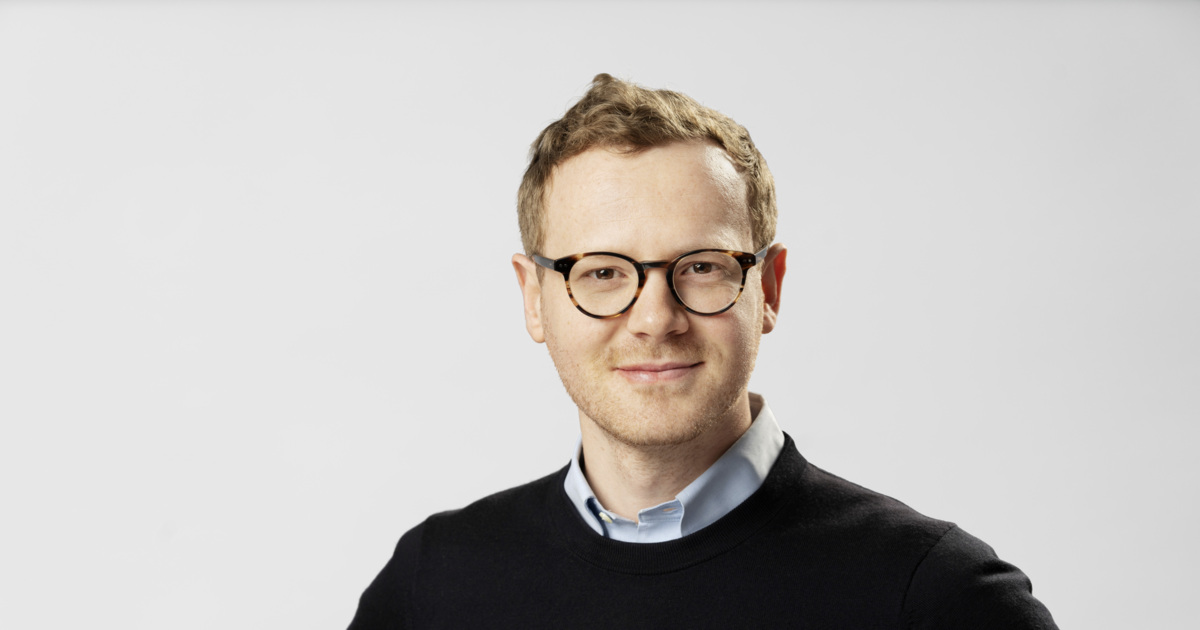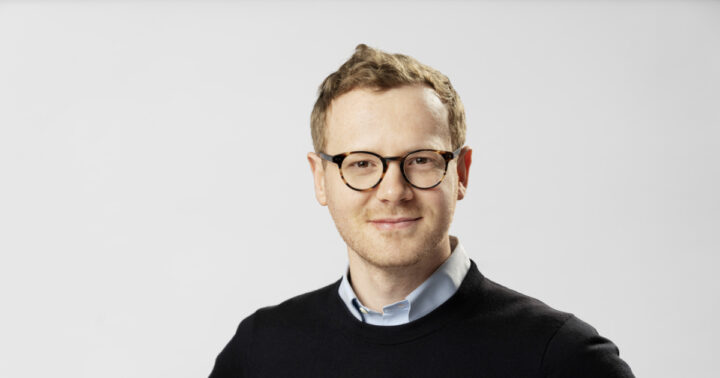New model offers groundbreaking metrics for evaluating how early-stage biotech investments translate into patient survival and quality of life gains
Copenhagen, Denmark – 17 July 2025 – Philip Brainin, physician-scientist and Associate at Sound Bioventures, has published a pioneering article in Nature Biotechnology introducing a novel framework to quantify the societal value of life science venture investments. The publication, titled “A new impact framework for investors in life sciences bridges financial returns and patient outcomes”, proposes two new metrics—Science-Adjusted Life Years (SALYs) and Science-Adjusted Disability Years (SADYs)—that offer investors, policymakers, and healthcare stakeholders a way to meaningfully assess the impact of their capital beyond financial returns.
Article available here (https://www.nature.com/articles/s41587-025-02726-5)
The article is the first of its kind to introduce an algorithmic method that bridges the gap between investment strategy and patient-centered outcomes, marking a significant shift in how life science innovation can be aligned with broader societal goals. Dr. Brainin’s contribution is particularly timely as the life science investment ecosystem seeks to balance traditional return metrics with measurable patient benefit.
“While financial returns represent the main goal of successful biotech investing, there is much more to the story,” said Philip Brainin. “If we want to make a tangible difference in patients’ lives, we need to change the perception of life science investments through tools that can track how our investments translate into survival and quality of life improvements. SALYs and SADYs offer a scalable, adaptable framework to help investors prioritize societal value alongside financial value.”
In the publication, Dr. Brainin outlines a methodology that allows for quantification of life years saved and disability reduced, tailored specifically to the uncertainties and nuances of early-stage biotech investing. The paper includes case studies across therapeutic areas—ranging from oncology and rare diseases to infectious disease—demonstrating the practical utility of these metrics.
“Philip’s work exemplifies the kind of thought leadership our field needs and how we think at Sound Bioventures,” said Johan Kördel, Managing Partner. “By introducing a concrete, data-driven approach to measuring the societal value of biotech investments, this paper challenges all of us to think beyond returns and consider the real-world outcomes our capital can help create.”
The framework is expected to influence strategic thinking in venture capital firms, philanthropic funds, and public-private partnerships looking to optimize health equity and outcomes through more transparent and accountable investing.



